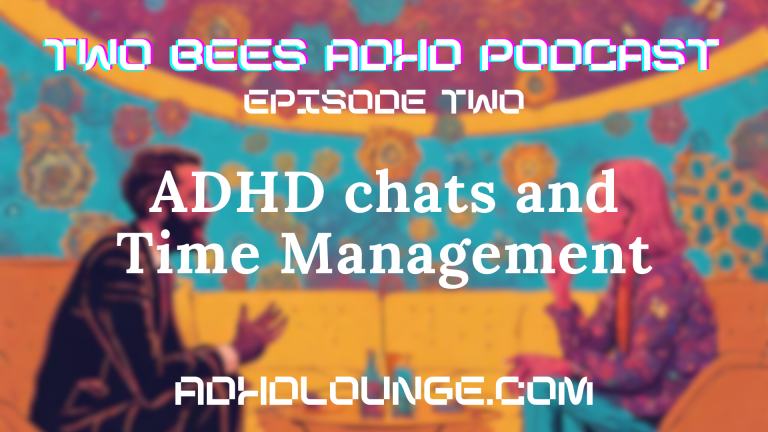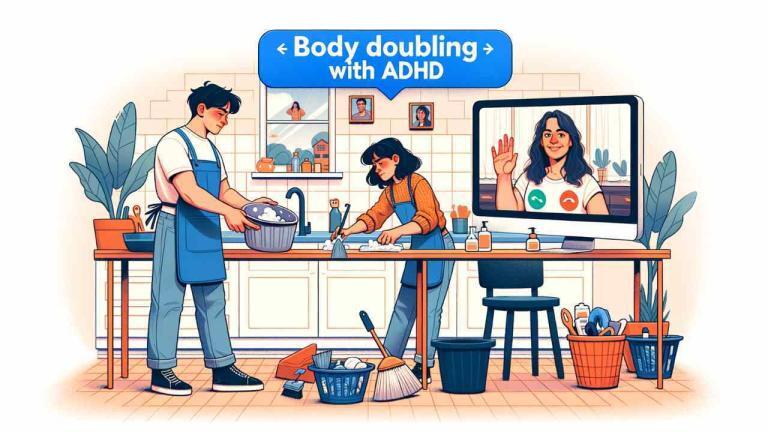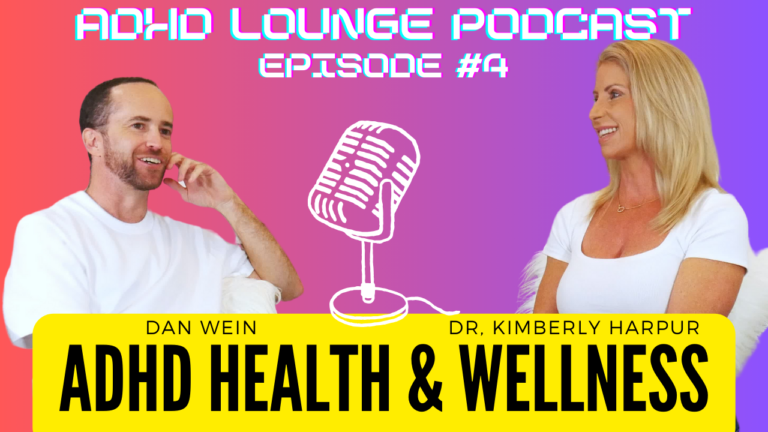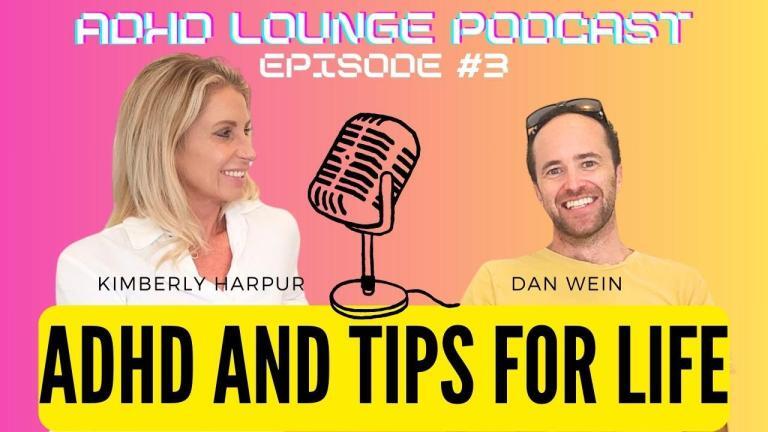Benefits of CBD for ADHD Treatment

Nurturing Neurodiversity: Exploring the Positive Effects of CBD on ADHD
Are you seeking a natural way to manage ADHD symptoms and nurture neurodiversity? Look no further than CBD. This remarkable compound derived from the hemp plant has been gaining attention for its potential positive effects on ADHD. In this article, we will explore the exciting research and anecdotal evidence surrounding the use of CBD in supporting individuals with ADHD.
CBD, short for cannabidiol, is a non-psychoactive component of cannabis. It interacts with the body’s endocannabinoid system, which plays a role in regulating mood, sleep, appetite, and cognitive function. While research on CBD and ADHD is still in its early stages, preliminary studies suggest that CBD may offer a range of benefits. This includes promoting relaxation, reducing anxiety, and improving focus and attention span.
By embracing the concept of neurodiversity and considering alternative approaches like CBD, individuals with ADHD and their loved ones can find new avenues for support and empowerment. However, it is important to note that CBD should not be considered a replacement for traditional treatments or medical advice. Consult with a healthcare professional to determine if CBD is a suitable option for you or your loved one.
Understanding neurodiversity and ADHD
Neurodiversity is a concept that recognizes and celebrates the natural variations in the human brain. It emphasizes that neurological differences, such as those seen in ADHD, are a normal part of the human experience. Rather than viewing ADHD as a disorder or deficit, neurodiversity promotes an inclusive and accepting perspective that values the unique strengths and abilities of individuals with ADHD.
ADHD, or Attention-Deficit/Hyperactivity Disorder, is a neurodevelopmental condition characterized by difficulties with attention, hyperactivity, and impulsivity. It affects both children and adults and can have a significant impact on daily functioning and quality of life. While traditional treatment options such as medication and therapy are commonly used to manage ADHD symptoms, some individuals are exploring alternative approaches, including CBD.
Traditional treatment options for ADHD
Before delving into the potential benefits of CBD for ADHD, it is essential to understand the traditional treatment options available. The most commonly prescribed medications for ADHD are stimulants, such as methylphenidate and amphetamines. These medications work by increasing the levels of certain neurotransmitters in the brain, improving focus and reducing hyperactivity.
Behavioral therapy, including cognitive-behavioral therapy (CBT) and social skills training, is another essential component of ADHD treatment. These therapies help individuals develop strategies to manage their symptoms, improve organization and time management skills, and enhance social interactions.
While traditional treatments can be effective for many individuals with ADHD, they may not be suitable for everyone. Some individuals may experience side effects or prefer to explore alternative options that align with their holistic approach to health and wellness. This is where CBD comes into the picture.
The science behind CBD and its impact on ADHD symptoms
CBD, short for cannabidiol, is one of the many active compounds found in the cannabis plant. Unlike its counterpart, THC (tetrahydrocannabinol), CBD does not produce psychoactive effects. Instead, it interacts with the body’s endocannabinoid system, which plays a role in regulating mood, sleep, appetite, and cognitive function.
Research on CBD and its effects on ADHD symptoms is still in its early stages, but preliminary studies show promising results. One study published in the Journal of Psychopharmacology found that CBD improved hyperactivity and impulsivity in animal models of ADHD. Another study conducted on human participants reported improvements in ADHD-related symptoms, including improved sleep and reduced anxiety.
While these findings are encouraging, it is important to note that more research is needed to fully understand the effects of CBD on ADHD and its underlying mechanisms. It is also essential to consult with a healthcare professional before considering CBD as a treatment option for ADHD.
Case studies and personal experiences of individuals using CBD for ADHD
While scientific research on CBD and ADHD is still emerging, many individuals have reported positive experiences with CBD as a complementary approach to managing their ADHD symptoms. These anecdotal accounts provide insights into the potential benefits and limitations of using CBD for ADHD.
One individual, let’s call him Mark, shared his experience using CBD oil to help with ADHD symptoms. Mark noticed improvements in his ability to focus and concentrate, as well as a reduction in his impulsivity. He also found that CBD helped him feel more relaxed and less anxious, which in turn improved his overall well-being.
Another individual, Sarah, found relief from her ADHD symptoms by using CBD gummies. She reported feeling more in control of her thoughts and emotions, with fewer distractions and racing thoughts. Sarah also noticed improved sleep quality, which had a positive impact on her daytime functioning.
These personal experiences highlight the potential benefits of CBD for ADHD. However, it is important to remember that individual responses to CBD can vary, and what works for one person may not work for another. It is essential to approach CBD as a complementary tool and not a cure-all for ADHD.
Different forms of CBD and their administration methods for ADHD
CBD is available in various forms, including oils, capsules, edibles, topicals, and vaping products. Each form has its advantages and considerations when it comes to using CBD for ADHD.
CBD oil is one of the most popular options due to its versatility and ease of use. It can be taken orally or added to food and beverages. CBD capsules offer a convenient and standardized way of consuming CBD, making it easier to track dosage.
Edibles, such as gummies or chocolates, provide a discreet and enjoyable way to consume CBD. However, it is important to be mindful of the sugar content and potential allergens present in these products.
Topical CBD products, such as creams or balms, can be applied directly to the skin and may be beneficial for localized pain or muscle tension. Vaping products, on the other hand, offer fast-acting effects but may not be suitable for individuals with respiratory issues.
When considering the administration method, it is important to choose a form that suits your preferences and lifestyle while considering factors such as bioavailability and onset of effects.
Dosage guidelines and considerations when using CBD for ADHD
Determining the appropriate dosage of CBD for ADHD can be challenging, as there is no one-size-fits-all approach. Factors such as body weight, metabolism, and individual sensitivity to CBD can influence the optimal dosage.
It is recommended to start with a low dosage and gradually increase it until the desired effects are achieved. Keeping a journal or tracking app can help monitor the effects of different dosages and guide adjustments.
Consulting with a healthcare professional experienced in CBD use can provide valuable guidance on dosage and potential interactions with other medications or supplements. They can also help monitor the effects of CBD and make any necessary adjustments to ensure optimal results.
Potential side effects and risks of using CBD for ADHD
Like any substance, CBD carries potential side effects and risks, although they tend to be mild and well-tolerated. Common side effects may include dry mouth, drowsiness, changes in appetite, and gastrointestinal discomfort. It is important to note that these side effects can vary from person to person.
CBD can also interact with certain medications, including those metabolized by the liver enzyme CYP450. This can affect the metabolism of these medications and potentially lead to adverse effects. It is crucial to consult with a healthcare professional to assess potential drug interactions before incorporating CBD into an ADHD treatment plan.
Legal considerations and regulations surrounding CBD for ADHD
The legal status of CBD varies from country to country and even within different states or regions. In some places, CBD is fully legal, while in others, it may be restricted or require a prescription. It is essential to familiarize yourself with the laws and regulations regarding CBD in your specific location before purchasing or using CBD products for ADHD.
Conclusion: Embracing Neurodiversity and Exploring Alternative Options for ADHD Treatment
By embracing the concept of neurodiversity and considering alternative approaches like CBD, individuals with ADHD and their loved ones can find new avenues for support and empowerment. While CBD shows promise in supporting ADHD symptoms, it is important to approach it as a complementary option and consult with a healthcare professional for guidance.
As research on CBD and its effects on ADHD continues to evolve, it is crucial to stay informed and make decisions based on the latest evidence. Ultimately, nurturing neurodiversity means recognizing and celebrating the unique strengths and abilities of individuals with ADHD, while also exploring innovative ways to support their well-being and overall quality of life.
Remember, CBD should not be considered a replacement for traditional treatments or medical advice. It is always recommended to consult with a healthcare professional to determine if CBD is a suitable option for you or your loved one.
Sources:
– Journal of Psychopharmacology
– ADDitude Magazine
– Healthline
—
This blog article has discussed the potential positive effects of CBD on ADHD symptoms, exploring the concept of neurodiversity and alternative treatment options. The sections covered include understanding neurodiversity and ADHD, traditional treatment options, the science behind CBD and its impact on ADHD symptoms, personal experiences and case studies, different forms of CBD and administration methods, dosage guidelines and considerations, potential side effects and risks, legal considerations, and concluding with embracing neurodiversity and exploring alternative options for ADHD treatment.
Conclusion: Embracing neurodiversity and exploring alternative options for ADHD treatment
CBD, short for cannabidiol, is a non-psychoactive component of cannabis. It interacts with the body’s endocannabinoid system, which plays a role in regulating mood, sleep, appetite, and cognitive function. While research on CBD and ADHD is still in its early stages, preliminary studies suggest that CBD may offer a range of benefits. This includes promoting relaxation, reducing anxiety, and improving focus and attention span.
One study conducted by researchers at the University of Amsterdam found that CBD had a positive impact on a group of adults diagnosed with ADHD. Participants reported improved cognitive function, reduced impulsivity, and increased attention span after taking CBD. These findings are promising and highlight the potential of CBD as an alternative treatment option for individuals with ADHD.
Another study published in the Journal of Psychopharmacology explored the effects of CBD on hyperactivity in animal models of ADHD. The researchers found that CBD reduced hyperactivity and improved cognitive performance in the animals. While animal studies cannot be directly applied to humans, they provide valuable insights into the potential therapeutic effects of CBD on ADHD symptoms.


















































